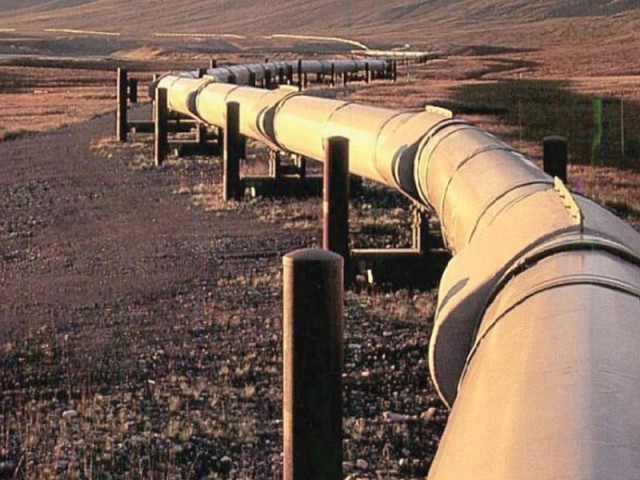UN curbs cloud hopes for Iran power deal
Officials say project is more viable than Tapi gas pipeline.

A senior functionary told The Express Tribune that the Pakistan-Iran power deal depends on the policies of UN on Iran, which has faced increasing criticism in recent times for its alleged activities regarding nuclear weapons. He added that the ministry fears the US will also try and force Islamabad to give up its power import plan.
Iran said earlier it was ready to increase the power import plan to up to 500MW if Pakistan so desired. This would mean considerable revenue for Tehran and equal amounts of discomfort for the US.
The infrastructure required to materialise this deal includes the construction of a power house in the Iranian city of Zahedan, a grid station in Quetta, and a 700-kilometre transmission line to connect the two power stations. Work on the said projects is to start soon.
So far, the project has received an encouraging response from both countries. Iran has agreed to cover the entire cost of the project, amounting to $800 to $900 million, which may take over four years to become functional. It has also accepted Islamabad’s proposed tariff of 9 to 10 cents per unit.
The agreement was reached in the last week of May during the visit of a delegation led by Pakistan Electric Power Company’s then chief Rasool Mehsood to Tehran.
A foreign office official said Pakistan has few options left. Faced with a debilitating gas and electricity shortage, the country is already in the grip of an economic crisis. The official claims Pakistan’s decision to sign an agreement with Iran to import about 750 mmcfd of gas to produce around 4,000MW of electricity is a matter of sheer necessity.
The 2,775-kilometre gas line is not only lengthier than the power transmission one, but also expected to take more time to be completed: by 2014.
Experts are wary of US efforts to try and persuade Pakistan into opting for the Turkmenistan, Afghanistan, Pakistan and India (Tapi) project instead of the Pak-Iran gas pipeline. They say the former is surrounded by the uncertainty of a prolonged conflict in Afghanistan.
“Keeping in view our immediate needs, the US proposal is not a suitable proposition at all,” said the foreign ministry official. “We have already informed Washington of the dire consequences of abandoning the Pak-Iran project on our economy.”
Though the Tapi project might offer more attractive tariff rates, officials in the oil and natural resources ministry insist the project cannot be depended on entirely nor can the Pak-Iran venture be abandoned when it is so near to completion.
Published in The Express Tribune, 25th, 2012.



















COMMENTS
Comments are moderated and generally will be posted if they are on-topic and not abusive.
For more information, please see our Comments FAQ